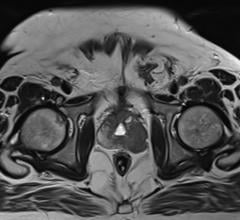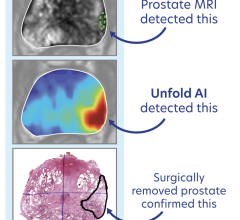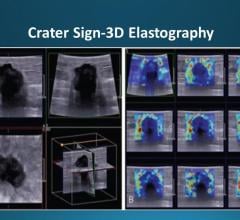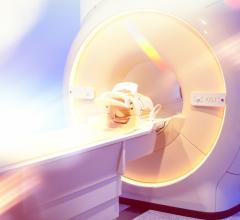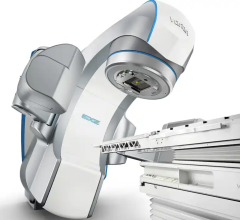March 25, 2015 — Two new studies from the University of Virginia School of Medicine have cast doubt on the wisdom of delaying radiation treatment for prostate cancer as long as possible after the removal of the prostate. The pervading belief is that doing so helps prevent unwanted side effects.
“The common teaching has been, without clear evidence, that urinary incontinence and erectile function are worse when radiation is delivered earlier rather than later, but we didn’t see any protective effect of delayed radiation compared to earlier radiation,” said radiation oncologist Timothy N. Showalter, M.D., of the UVA Cancer Center. “It contradicts the clinical principle of delaying radiation as long as possible for the sake of the patient’s side effects. It really speaks against that, and that ought not to be used for a reason to delay radiation.”
The findings inject hard facts into a debate that has long divided the medical community, with many radiation oncologists preferring adjuvant therapy – radiation given soon after prostate removal to kill off any remaining cancer cells – and many urologists preferring salvage therapy – radiation given later, when prostate-specific antigen tests suggest it’s needed. “Urologists tend to prefer to forgo adjuvant radiation therapy, because they fear the side effects, and radiation oncologists tend to prefer offering adjuvant radiation therapy because they fear the risk of metastasis,” Showalter said.
Showalter conducted his two studies to address the lack of facts, in hopes of providing doctors with the information they need to determine the best course of treatment.
“There’s this commonly held belief that the longer you delay radiation therapy, the more opportunity a patient has for recovery from prostatectomy, and therefore the better long-term function in terms of urinary and bowel function – the longer you delay it, the better they’ll function,” he said. “A lot of clinicians believe that if you wait six months, 12 months, 18 months, that each additional step gets you some benefit in terms of toxicity. That didn’t make sense to me from a medical perspective, because I can’t think of any other surgery where we think recovery requires a year or more. We often, for other cancers, deliver post-operative radiation very soon.”
The findings, based on a review of approximately 16,000 patients’ outcomes, shed light on the side effects of radiation treatment after prostate removal. “What we found is that the addition of radiation therapy after prostatectomy does lead to a noticeable increase in GI [gastrointestinal] and GU [genitourinary] side effects. However, delaying radiation therapy offers no protective benefit and in fact may increase the risk of GI complications,” Showalter said. The research also found adjuvant therapy did not increase rates of erectile dysfunction.
The takeaway for men receiving prostate cancer treatment, Showalter said, is that they should discuss the best strategy with their physicians based on their particular case. “If someone’s at generally low risk of prostate cancer reoccurrence and they have low-grade disease, it’s probably still reasonable to take a delayed salvage radiation therapy approach,” Showalter said. “Once there’s a real, compelling reason to deliver radiation, there doesn’t seem to be a benefit to delaying their radiation in terms of avoiding complications. And we know from other studies, the earlier radiation is delivered, the more effective it is for these patients. The more likely it is to cure them.”
For more information: www.medicine.virginia.edu


 April 25, 2024
April 25, 2024 


